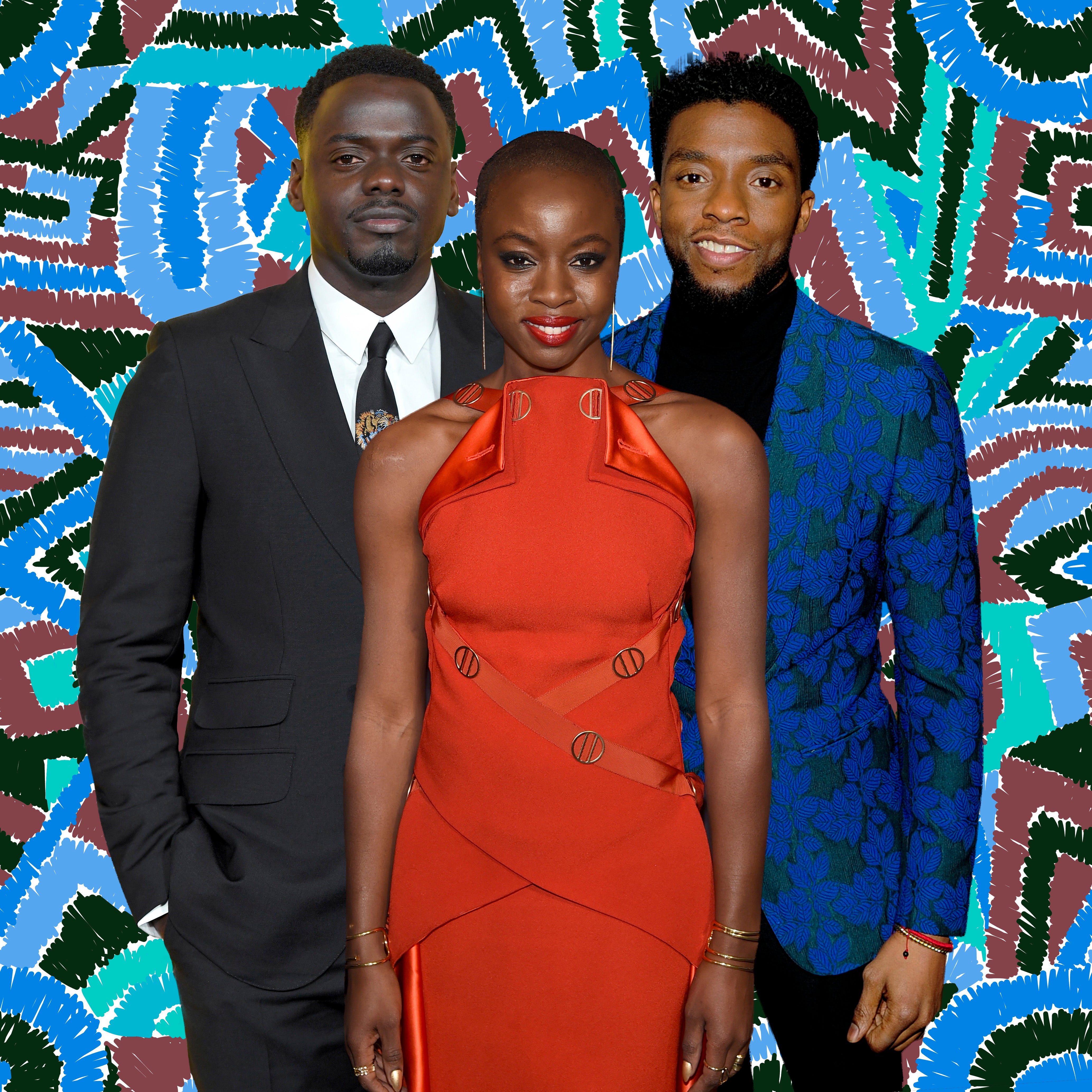
You know what they say: timing is everything and the release of Marvel’s Black Panther could not have come during a better season. Black people in America continue to boldly share their truth as people of color and particularly what it’s like to be “othered.”
Though America is unique in the extent of how it has racialized Black bodies, the experience of being “othered” as a person of color is experienced globally. So for countless people, the Ryan Coogler-directed project is more than just a movie. The release of Black Panther is a pivotal moment in cultural history in which Black people, in America especially, can finally exhale and breathe. If only for two hours and 15 minutes they get to live in a world where being Black is the normative standard of fully actualized personhood. Basically, in the fictional land of Wakanda, to be Black is to be excellent with no caveats.
One truth that reverberates throughout the film is the strength of Black women. The film positions its leading female characters as women whose strengths lie deep in their awareness of, and belief in, their value and capabilities. These women have a very clear sense of self. The Dora Milaje is Wakanda’s all-female special forces that protect the royal family and serve the country.
The leader of the Dora Milaje is General Okoye, played so eloquently by 2018 ESSENCE Black Women in Hollywood honoree, Danai Gurira. Okoye’s presence in the film is magnetic and captivating. I happened to watch the movie in a packed IMAX theatre in Lagos, Nigeria and when Okoye first appeared on the screen, I could hear a collective gasp from the audience. Okoye drips with confidence, power and strength. She is breathtaking, and despite not being a major character, she steals every scene she’s in. Her military skills, fierce loyalty and undeniable self-confidence make her (and all Wakandan women) the sort of character other women are easily awed by. We see this in the early scene when Okoye and T’Challa (Chadwick Boseman) ambush the militia who’ve kidnapped the Muslim women and girls, including undercover spy, Nakia (Lupita Nyong’o). As Nakia instructs the freed women to return home and to never mention what they’ve seen, the camera zooms in on the women gazing at Okoye in admiration. Okoye smiles knowingly to them, as if aware that outside Wakanda, it is rare to see an empowered woman, let alone an empowered Black woman.
The movie is released during Black History Month, an occasion to remember the fact that Black history also includes the stories and histories of Africa and her people. The fictional kingdom of Wakanda isn’t a far stretch from the ancient African kingdoms that once existed. Our history is replete with real-life heroes and sheroes who lived exceptional and noteworthy lives in ancient African kingdoms where Black men and women reigned as kings and queens, and fought to save their people and expand their empires.
One of those real-life kingdoms with very real iconic African women was the early Hausa kingdom of Zazzau located in today’s Zaria Emirate in the northern Nigerian state of Kaduna. In Black Panther, Nakia is first shown in the midst of a rescue mission of kidnapped women and girls that mirrors the 2014 abduction of the Chibok Girls in northern Nigeria. Though the film’s directors and visual artists took inspiration from places like South Africa, Namibia and Lesotho, there is no indication that the real-life Kingdom of Zazzau influenced creators of the movie. Still, it is fascinating and inspiring to remember the royal African military strategist, queen Amina, daughter of queen Bakwa Turunku who built the city of Zazzau. Amina is a legendary Hausa warrior in Nigeria. She reigned in the mid-15th or 16th century. In commemoration of this fierce woman, a statue of Queen Amina sits in the city center of Lagos, Nigeria.
Black Panther is powerful. But in one overarching way is how the movie both invites and forces public imagination to stretch beyond what may be comfortable to think about in a historical and cultural context like America. People everywhere are forced to sit with the idea of a melanin-soaked kingdom like Wakanda, where leadership and power, whether on the side of good or bad, is always in the hands of people of color. In Wakanda, the enemy, real or imagined, cannot simply be identified as a tall dark man because a “black body” isn’t naturally a “suspect.”
For Black people, Wakanda is a utopia of the highest order—an African world that nobody wants to leave, something rarely if ever depicted on screen for in such grand fashion.
Though, the truth is, the Wakanda that moviemakers manifested is already here in large ways. Africa is not a country or a kingdom; it is an entire continent ruled by Black men and women filled with many countries. There are, in fact, real Black heroes and villains, examples of black excellence, black girl magic and opulence.
The historical past may be filled with warring kings and queens and Zazzau is just one of many fascinating and powerful parts of African history. But even today there are still brilliant strategists, young techies disrupting broken systems using innovative technology and modern day people with fascinating stories.
Wakanda exists on screen because the inspiration behind it can be rooted in reality.
The tools, resources and people that we need to create a better world, they are present. People both on the continent and within the diaspora are actively trying to create that world. The possibility is there. It’s the work that needs to be done. #WakandaForever. #WakandaOneDay.